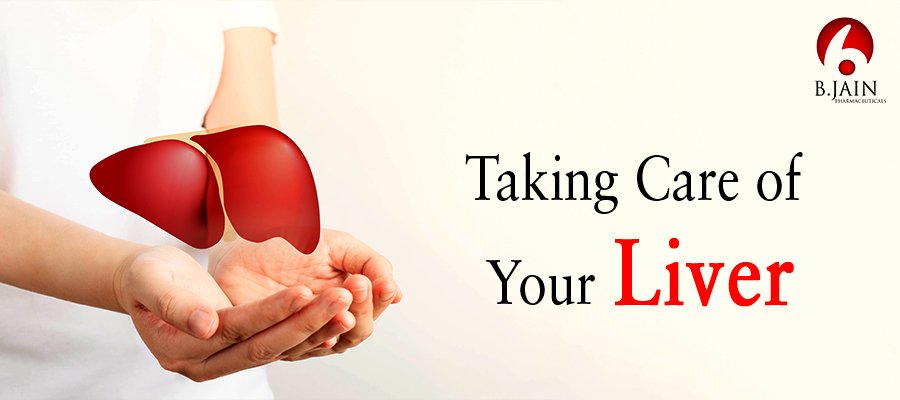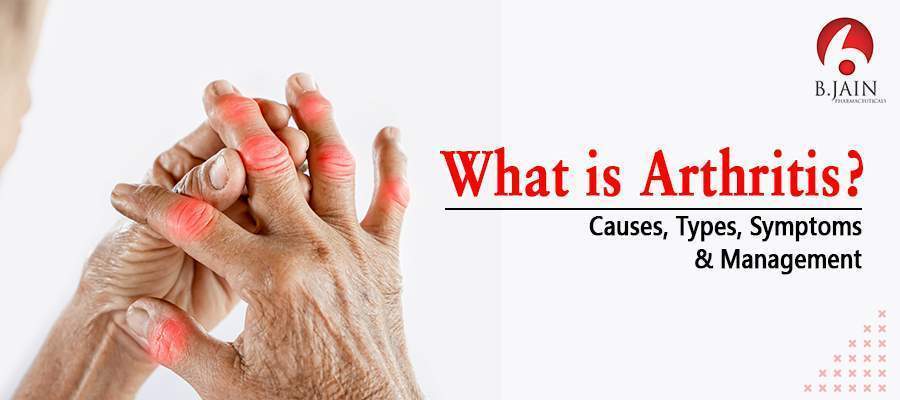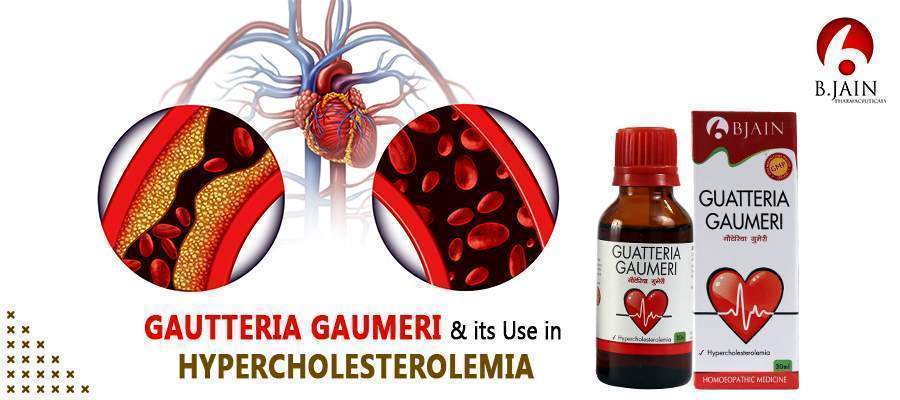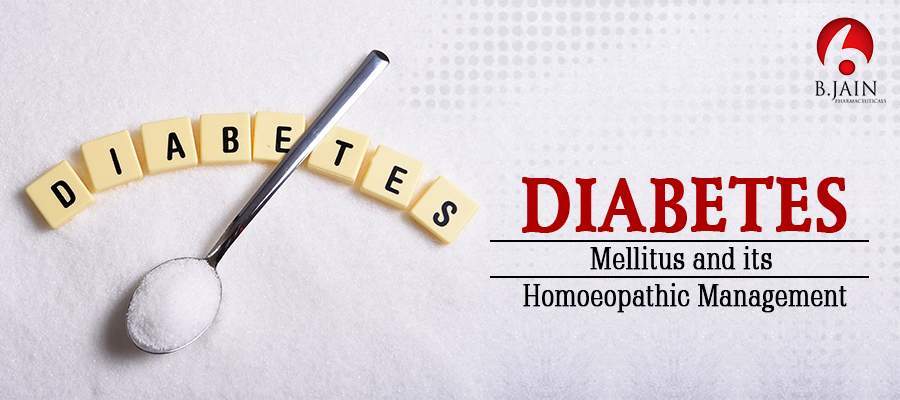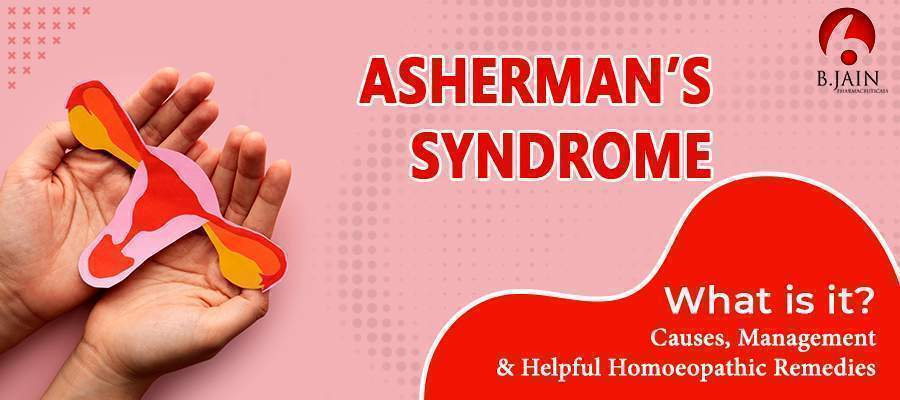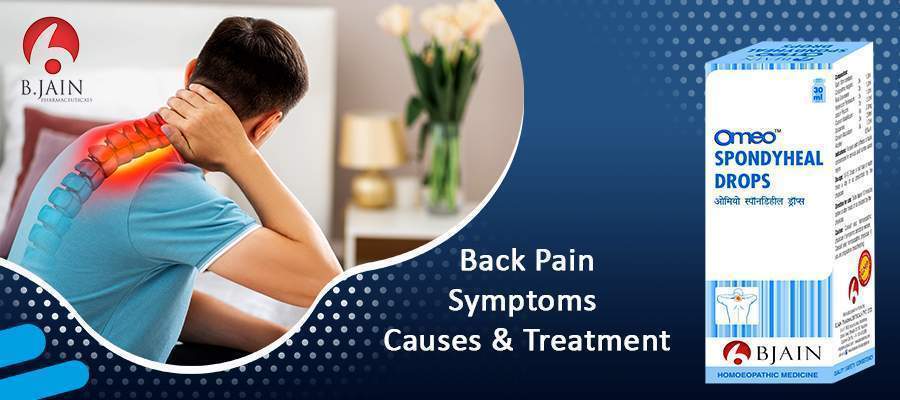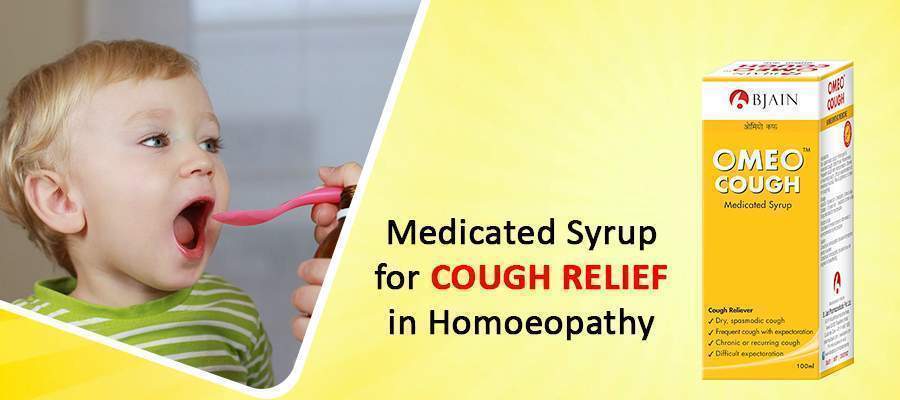Did you know that our Liver is the second largest organ of the body after the skin?
It is also capable of regenerating itself in the human body making liver transplants possible from one person to another.
The amazing Liver performs more than 500 functions in the body such as:
- Providing immunity by destroying pathogens
- Producing Phagocytes to protect us from illnesses
- Metabolism of the old blood cells
- Creating blood and its clotting factors to stop us from bleeding too much
- Controlling the metabolism of the body by breaking down fats and proteins
- Regulating the Blood sugar levels
- Bile production
- Storage of fats, proteins, vitamins etc.
It is hence clear that Liver is in fact one of the most important organs of the body.
This makes it essential to take care of the liver to live a healthy and long life.
The first step to identifying if your liver functions are already compromised is to consider if you have any of the following symptoms that can indicate a livers ill health:
- Jaundice which is the yellow discoloration of the skin and the sclera of the eyes
- Pain in the abdomen with swelling and bloating
- Edema of the legs
- Itching of the skin
- Dark urine and pale stools
- Nausea and vomiting
- Easy bruising
- Chronic fatigue and weakness
Causes of Liver Disease include:
- Infective:
Viruses such as Hepatitis A, B and C can affect the liver.
Parasites such as Liver Fluke can also damage the liver.
- Autoimmune disorders:
Auto immune disorders such as Sarcoidosis, Amyloidosis, Sclerosis and autoimmune Hepatitis are some of the autoimmune disorders that can cause liver disease.
- Genetic disorders:
Such as Hemochromatosis, Wilsons disease and Alpha 1 Antitrypsin deficiency can cause hepatic damage as well.
- Cancers:
Such as Liver cancer, cancer of the bile duct and metastasis from other cancers such as colorectal cancer, breast cancer and lung cancer.
- Other causes:
Other common causes include alcohol abuse, fat accumulation, medicinal reactions, etc.
Risk Factors for Liver Disease are as follows:
- Heavy alcohol abuse
- Over weight
- Diabetes
- Infections of the blood such as Tattoos, piercings, drug abuse, careless blood transfusion.
- Unprotected sex with multiple partners
- Exposure to toxins
- Positive family history for liver diseases.
Taking care of your Liver requires basic precautions to be taken such as:
- Control on alcohol consumption:
Alcohol is known to be the number 1 cause of Liver damage; it is hence essential to drink alcohol only in moderation. Heavy drinking or drinking too often puts the liver at great risk of damage.
- Practicing precautious behavior:
Since liver disease can be acquired through body fluids, it is best to practice safe sexual health and avoid sharing of needles. When considering getting a tattoo it is best to consider a place that takes care of the hygiene and by no chance uses common needles.
- Vaccines:
Disease such as hepatitis have vaccines available and should be considered on exposure to any of the risk factors.
- Clean Food and Water intake:
Liver damage can also be triggered by infections acquired from consumption of unclean food and water, it is hence important to eat clean cooked food and drink clink and purified water at all times.
- Maintain a healthy weight:
Obesity and being overweight can significantly contribute to liver illnesses.
- Avoid toxins:
Exposure to toxins, even through the skin or the respiratory tract can lead to liver troubles. Care should hence be taken to avoid toxins such as carbon tetrachloride that can cause severe liver troubles.
- Avoid unnecessary medications:
All medicines are metabolized in the liver finally, care should hence be taken to take medication only under the consultation of a registered medical practitioner and not self-medicate. Excessive use of medicines as common as paracetamol can lead to liver toxicity. Herbal medications should also be taken only under the guidance of a doctor and not erratically.
- Certain Homoeopathic medicines such as Omeo Liver Syrup and Omeo Kalmegh Drops can help with liver conditions that cause symptoms such as Loss of Appetite, poor digestion, persistent nausea and vomiting, pain in the abdomen, debility, indigestion and dyspepsia.
However, it should be remembered that a consultation with a registered Homoeopathic doctor is essential before starting any remedy.
Visit our Previous Blog – Dysmenorrhea: What It is, its Treatment and Causes?

Dr. Priyanka Motwani
Dr. Priyanka Motwani has completed her BHMS from the prestigious Nehru Homeopathic Medical College and Hospital, Delhi and holds a Post Graduate Program in Lean Six Sigma from Isenberg School of Management, The University of Massachusetts, Amherst. She is currently the R&D Head at BJain Pharmaceuticals and has a zeal to learn more and more each day.


